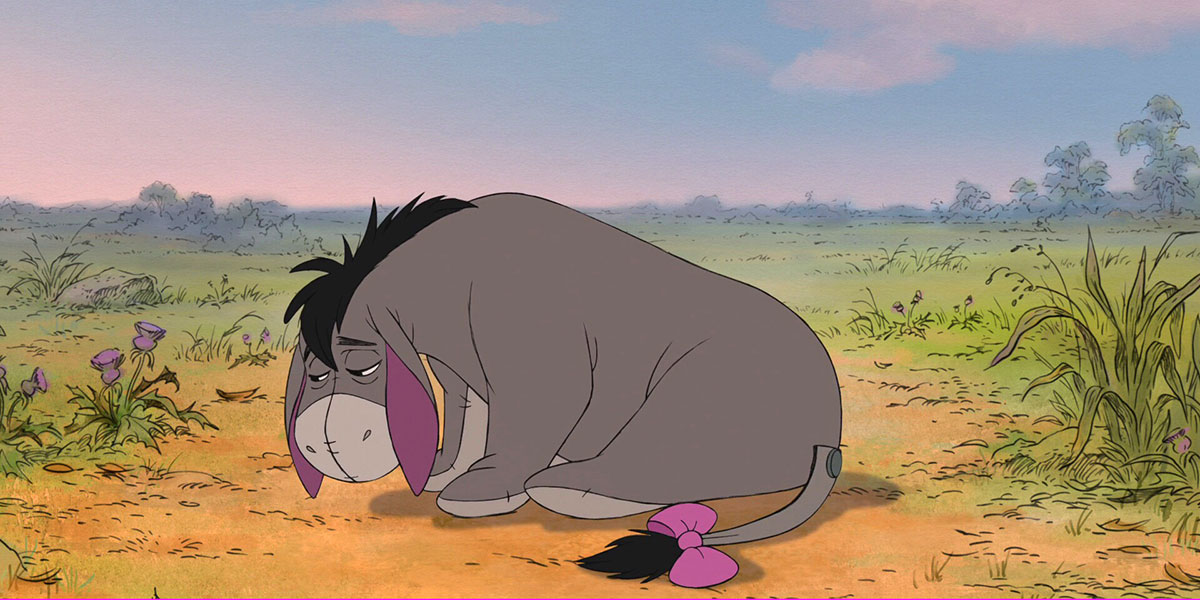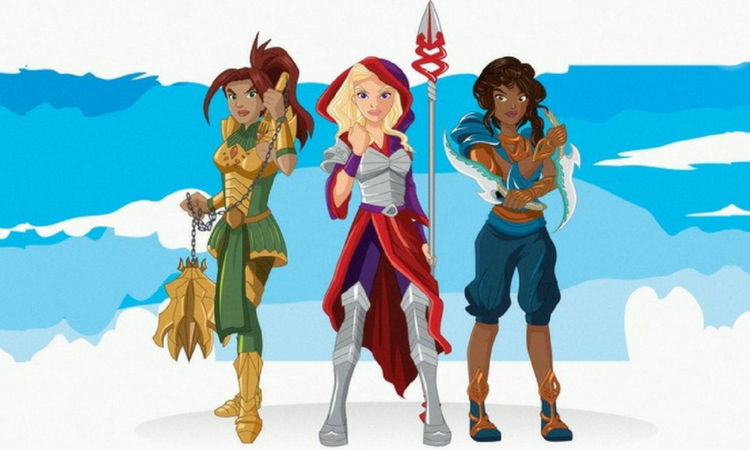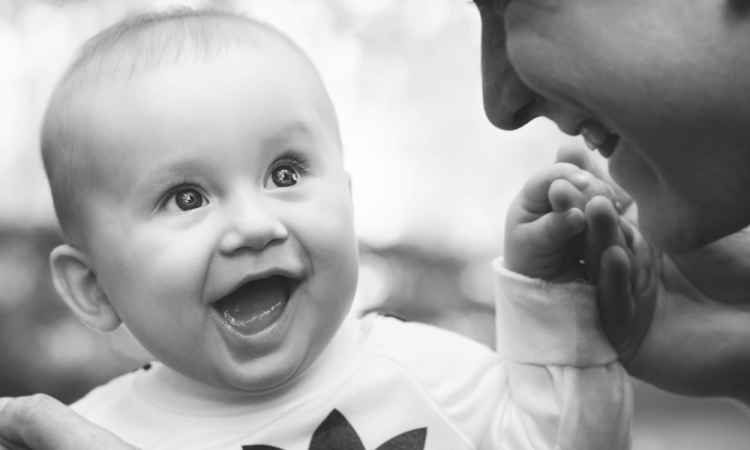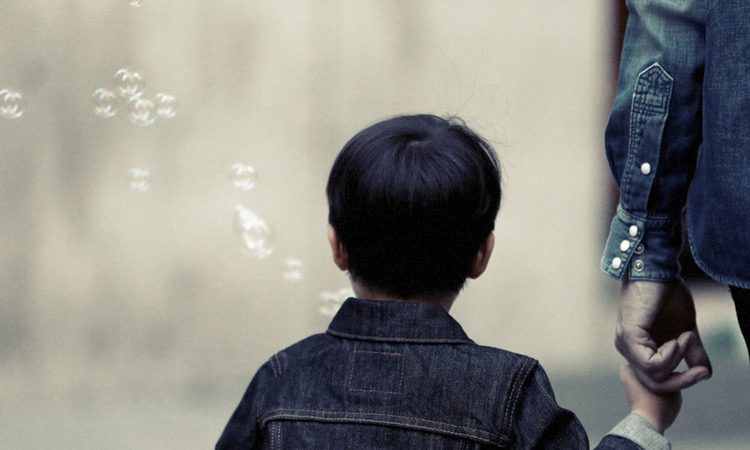When I was a child, as children often do, I used to escape the tumultuousness and unpredictability of my home environment with books. A voracious reader from a very young age, I couldn’t always get new books as quickly as I wanted them, so rather than go without one in my hands, I would re-read old favorites. Little Women. The Secret Garden. Charlotte’s Web. The Little House on the Prairie series. And a set of books I went to time and time again, so desperate for their soothing stories of friendship and acceptance, The Complete Tales of Winnie- the-Pooh. Sometimes, I’d blush, worried that someone would find out I was reading “baby” books I should have long grown out of. But in the end, the comforting lure of them was always too much to resist.
I always felt more secure in small spaces, so I would retreat into my closet with a flashlight, or the door open just enough to let my tired eyes see the pages. If I was lucky, I would have a snack, a blanket and, always, my favorite stuffed friends in tow. I would read them over and over, their words almost a salve to my anxious, wounded spirit. In the Hundred Acre Wood there were no problems too big, no monsters too scary, and no worries that couldn’t be eased. It was a literary safe space, as sacred to me as the Arable farm, the Ingalls’ log cabin, the March’s house or Mary’s garden on the Craven estate. It was a place where I was always wanted. Always safe. Always welcome.
Long before the wonderful movie Inside Out was even a concept, Winnie-the-Pooh taught me all about emotions and how to experience them. I related to Piglet, who felt so very small and insecure, and worried that he would be forgotten. I understood Rabbit’s anxiety and fear that things wouldn’t be done the right way and that the whole world would turn topsy-turvy. I saw Tigger in some of my schoolmates, and my own little sister, who were too full of curiosity and excitement to sit still for very long. Because I didn’t live with my mother, I longed for the hugs Kanga gave Roo, wishing someone fussed over me the way she did him. I never had Owl’s confidence, but I understood, as a bookworm, what it was like to have people look to me for answers. But the character I related to the most, the one I would go on to collect in a myriad of formats to surround myself with, almost as if he were a talisman, was Eeyore.

My troubled family specialized in dark humor and sarcasm, so Eeyore always felt like a kindred spirit. But Eeyore was always more to me than just a rain cloud of sadness and negativity—he was smart and acerbic, surprised and genuinely touched when anyone cared for him, and always willing to help out a friend. He was grateful for the smallest of kindnesses. “Thanks for noticin’ me,” he’d say, and I would feel that in my bones, always wishing to be noticed and loved through my dark times.
There is a meme going around that says the following: “One awesome thing about Eeyore is that even though he is basically clinically depressed, he still gets invited to participate in adventures and shenanigans with all of his friends. And they never expect him to pretend to feel happy, they just love him anyway, and they never leave him behind or ask him to change.” After years of being unable to express the attraction I had to this character, I think that meme hit the nail on the head. I was often a sad kid, with a confusing life, and all I wanted was to be loved and accepted anyway. I couldn’t change my circumstances—couldn’t change the fact that I felt nervous and anxious and depressed—and I always worried I was driving people away. Eeyore had that constant base of friendship. That group that, when they found out it was his birthday, would try to celebrate with him. That would offer him the opportunity to play Pooh Sticks, or simply spend quiet time with him so he wouldn’t be lonely. It was what I craved. Being able to be the real me, and feel and share my real feelings, and have people want me around anyway.
Now that I’m grown I have found my people that love and accept me for who I am, and see the history I carry not as baggage but as what shaped me into the woman they love. I don’t collect Eeyores anymore, but he will always own a soft spot in my heart, even when I feel more Tiggerish than usual. I’m not sure A. A. Milne meant to help a kid understand their emotions, and give hope to her that the future would hold not just tolerance but acceptance for a darker-than-usual personality. But the little girl I was and the woman that I am sure are grateful that he did.





Leave a Reply